With the summer heat in full swing, here are a few simple yet effective ways to keep your skin and body hydrated throughout the dry season.
Summer has arrived, which means sweltering days and more trips to the beach. However, regardless of one’s lifestyle, it’s important to stay hydrated inside and out during this time of year. There’s nothing worse than the sting of a sunburn, the irritation of dry skin, and the cocktail of health problems that occur when one is dehydrated.
READ ALSO: Kind To The Planet: Eco-Friendly Swimwear For Every Body
When it comes to hydration, topical solutions like lathering on moisturizer and other skincare products can be helpful, but they’re only one part of the entire equation. These practices should be supplemented with a proper diet, and of course, water intake. To help you on your journey to maintaining hydrated skin and a healthy body this summer, here are four tips based on expert advice:
Drink Enough Water
“Eight glasses a day” is what we usually think of when we measure how much water to drink, but it’s more of a generalization, rather than the gold standard. While it’s important to drink plenty of water, the appropriate amount will depend on a number of factors and one’s lifestyle.
According to Jennifer Stone, PT, DPT, OCS, a board-certified specialist in orthopedic physical therapy for the University of Missouri System, one should factor in their weight and physical activity to determine the amount of water they need. It adds that one way to calculate this is by multiplying your body weight (in pounds) with 0.5 to get the ounces (oz) one needs in a day.
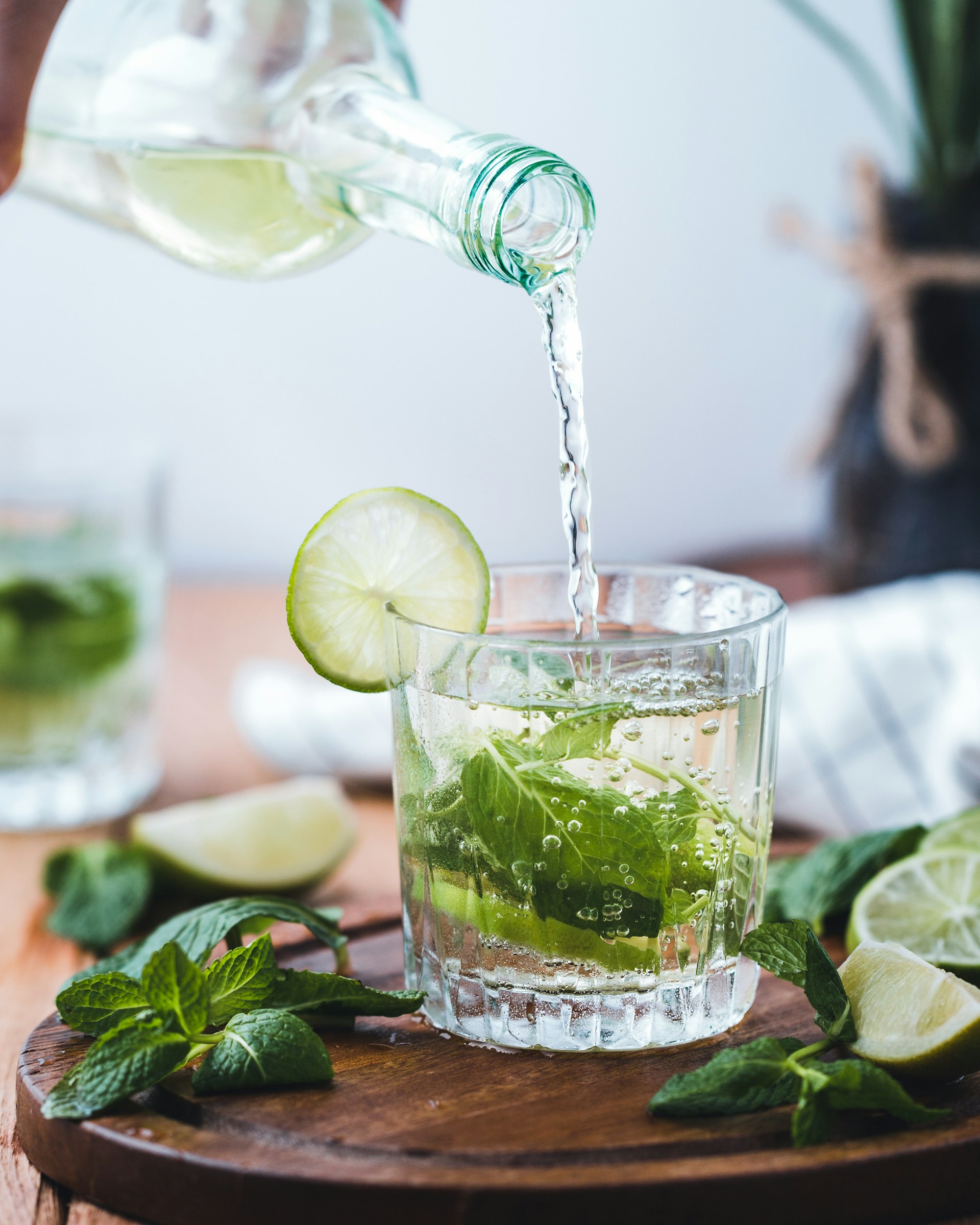
For example, someone who weighs 200 pounds will need around 100 oz per day. Then exercising would require more water as the body excretes sweat. In this case, the American College of Sports Medicine recommends adding 12 oz of water for every 30 minutes of one’s workout regime.
If you’re not too keen on doing all the calculations, the Harvard T.H. Chan School of Public Health offers simplified recommendations on their website. It recommends healthy men who are 19 and older to take 13 cups of water a day, while healthy women 19 and older should take around 9 cups.
A great way to remember to stay hydrated is to keep a cup of water near you at all times. If you’re always on the go, it’s best to carry a water bottle or tumbler that’ll supply you with fluids throughout the day.
Implement a Proper Diet
One’s diet can also affect their overall hydration. It’s not enough to simply drink water: lasting hydration starts with what one eats as well. According to UCLA Health, the body gets 20 percent of the water it needs from foods. Fruits and vegetables, in particular, are ideal options—especially those with more than 80 percent water content. These include cucumber, iceberg lettuce, celery, radishes, romaine lettuce, tomatoes, watermelon, strawberries, and asparagus, among others.
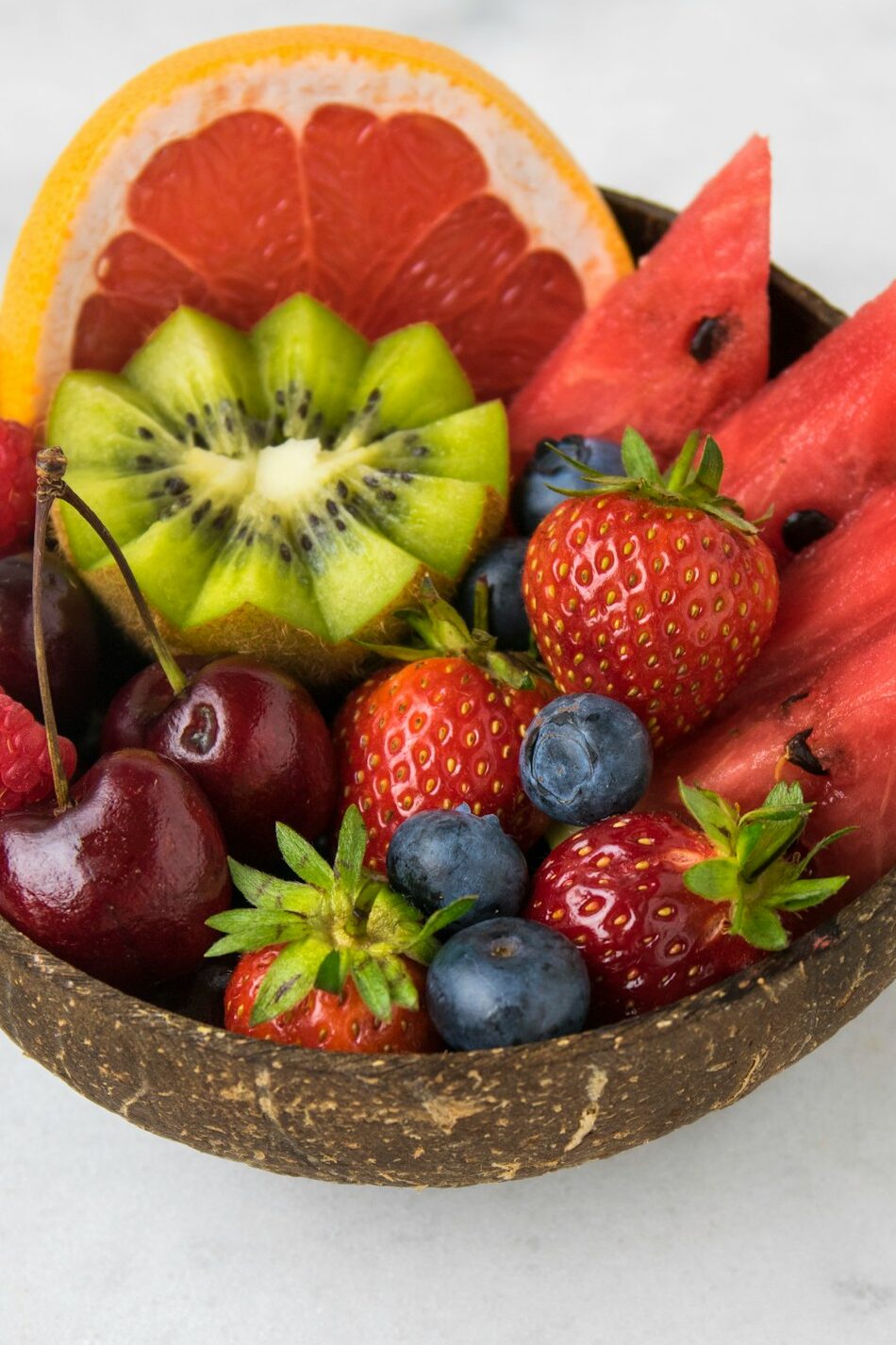
It’s important to remember that skin is both hydrophilic and lipophilic, as Pamela Marshall, a clinical aesthetician, explains to Vogue. These are just more scientific ways to say that skin is attracted to or mixes well with both water and lipids (fats). As such, whatever one intakes and places on their skin should protect and replenish these substances to maintain the body’s hydration.
Hence, eating foods or taking supplements that are rich in omega-3 fatty acids can help nourish the skin’s natural lipids. Foods like avocados, nuts, and oily fish like salmon. Michael I. Jacobs, MD, an associate professor of dermatology at Weill Cornell Medical College, also tells Vogue that foods and supplements with vitamin A, C, and D can help lock in moisture and promote a healthy skin barrier.
Use Skincare Products With The Right Ingredients
It might seem simple enough to choose any skincare product to rehydrate and protect your skin barrier, but one should also be discerning about topical solutions. Not all skincare products are made to protect and nourish the skin, especially those with harsh active ingredients that can cause transepidermal water loss. These include skincare containing alpha-hydroxy acids, which can be beneficial for the skin in the right doses, so they should be used with caution and preferably with the guidance of a dermatology expert.
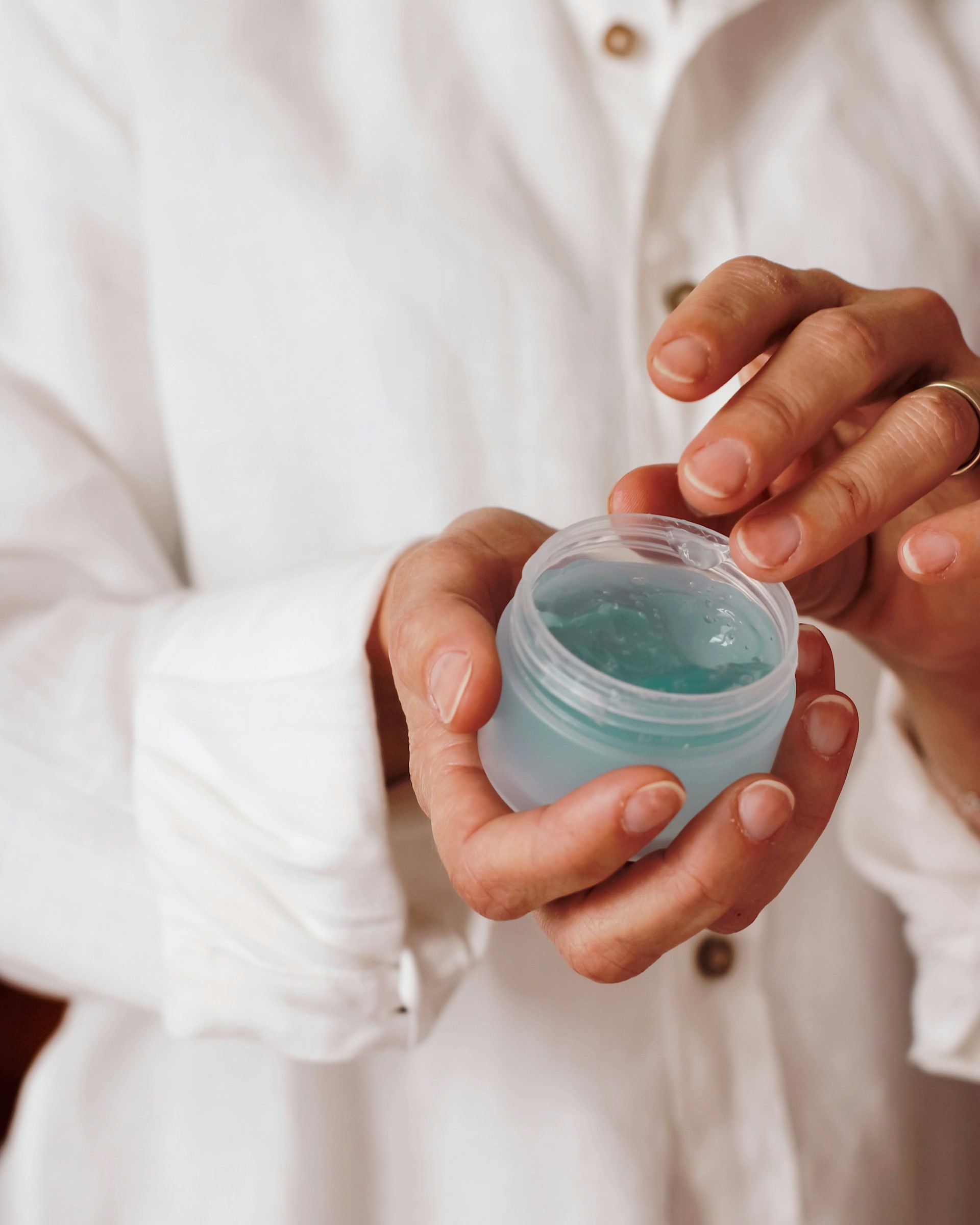
When choosing skincare products like moisturizers, serums, and even sunscreens, board-certified dermatologist Andrea Suarez, MD, FAAD recommends specific ones to aid in hydration. This includes hyaluronic acid, which holds water in the top layers of the skin to keep it hydrated, smooth out fine lines, and support cell turnover (the natural renewal process of skin). Two particular ingredients that support skin barrier function, ceramides (lipids naturally present in skin) and niacinamides (which are antioxidants that reduce oxidative stress that weakens skin barriers), are also great.
Suarez also recommends products with urea, which softens and loosens dry skin for better barrier function and water retention, and lactic acid, which can also improve moisture retention.
Always Use Sun Protection
Sunscreen is essential in not only preventing serious conditions caused by harmful UV rays, like skin cancer and sunburns, but also maintaining hydrated skin. Sun damage can greatly affect hydration, as Suarez explains, as they can “compromise the integrity of the lipid barrier, making it more vulnerable to water loss and even dehydration.”
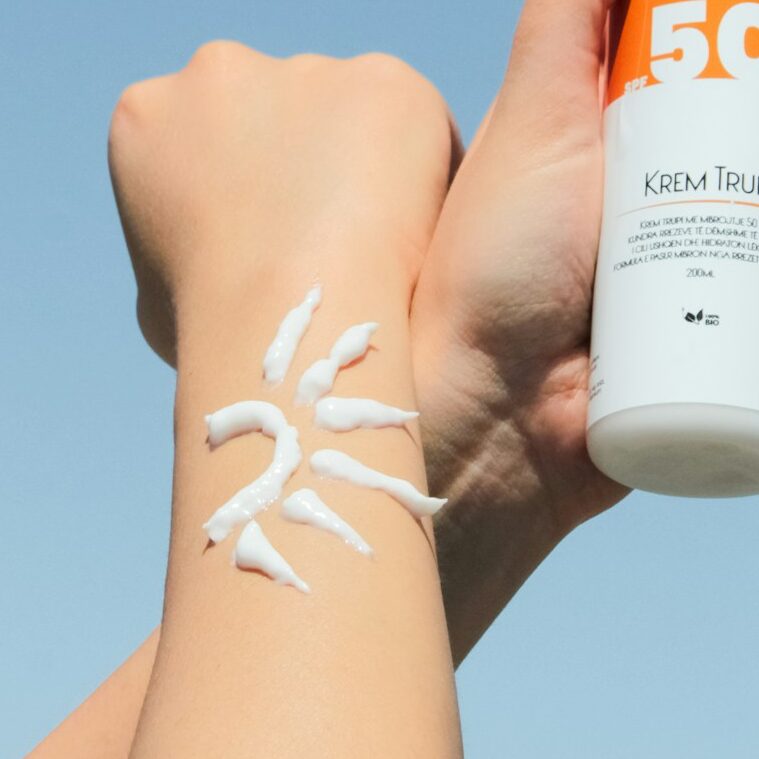
It’s critical to apply a broad spectrum sunscreen (which protects against both UVA and UVB rays, according to the University of Rochester Medical Center) when you’re doing outdoor activities. However, it’s also necessary even when you’re just heading out. What’s more, sunscreen isn’t a one time thing: you need to reapply it every two hours, Suarez adds. She also explains that sun protective clothing can also help keep your skin safe together with the sunscreen.
There’s a wide variety of sunscreen options in the market, but generally, try to aim for those with an SPF of 30 or higher. Water resistant sunscreen is ideal, as it prevents water in outdoor activities and sweat from removing it quickly.
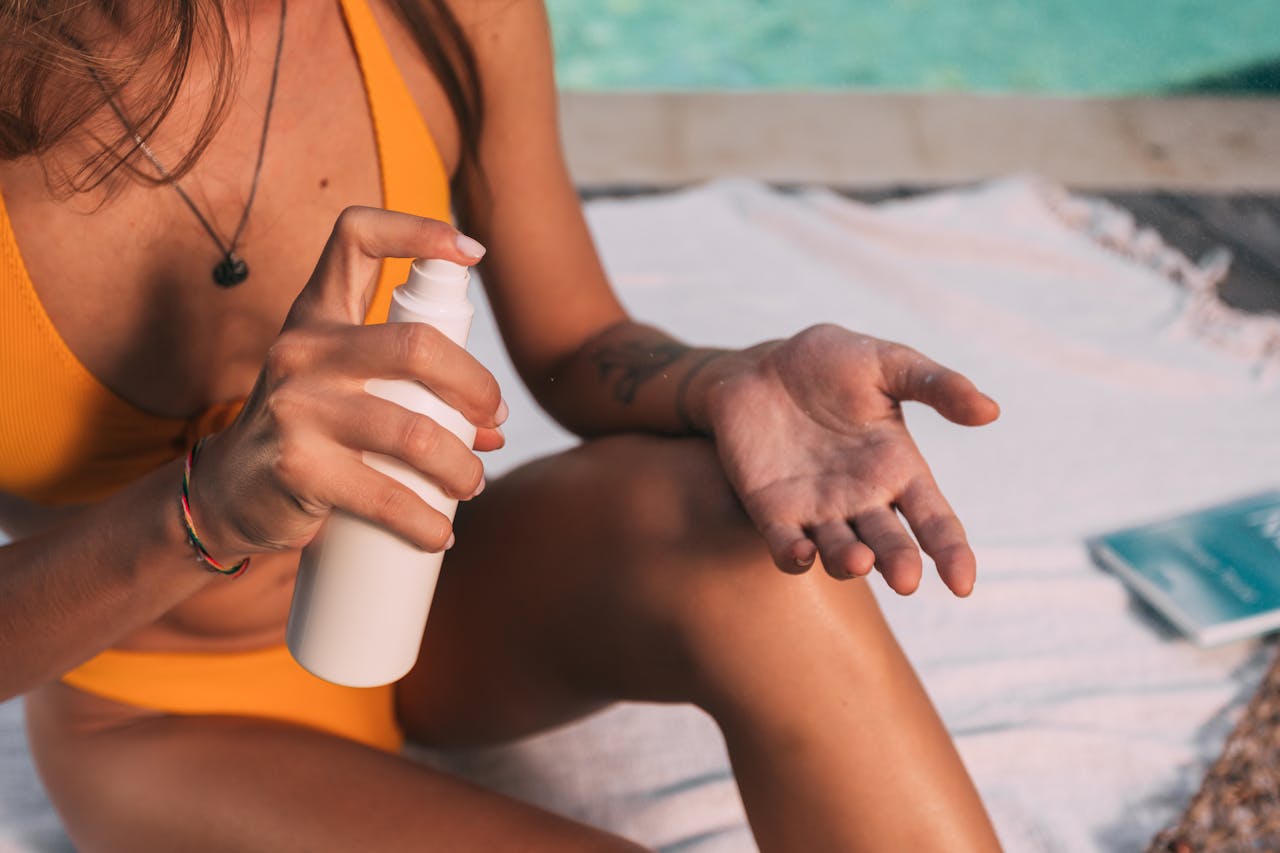
For those with oily, acne-prone skin Joshua Zeichner, MD (director of cosmetic and clinical research at Mount Sinai Hospital) tells NBC that sunscreens with a “non-comedogenic” label are a must (meaning that they don’t block pores).
Emily Smith, MD, a dermatologist at University of Missouri Health Care, also tells NBC that those with sensitive skin should look for a physical or mineral sunscreen (since they contain zinc oxide and titanium dioxide which protect the skin more).
Sunscreens can be as nourishing as moisturizers too, and for extra hydration during the summer, try opting for those that contain the aforementioned hydrating ingredients like ceramides and hyaluronic acid.
Banner photo by Anna Shvets via Pexels.





